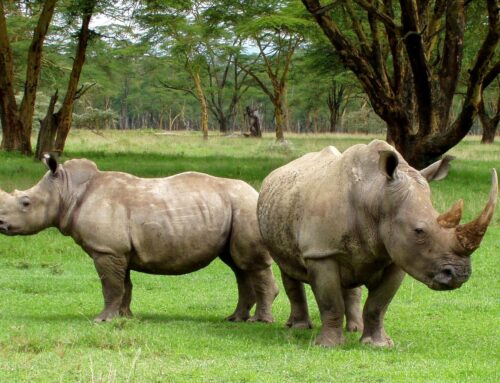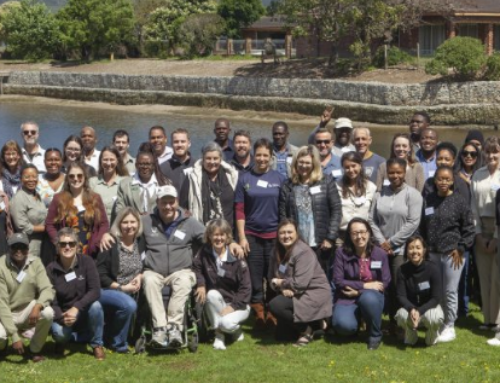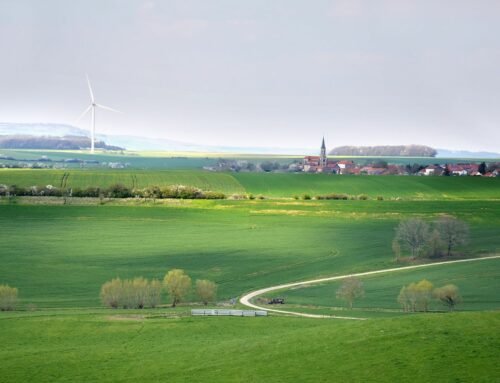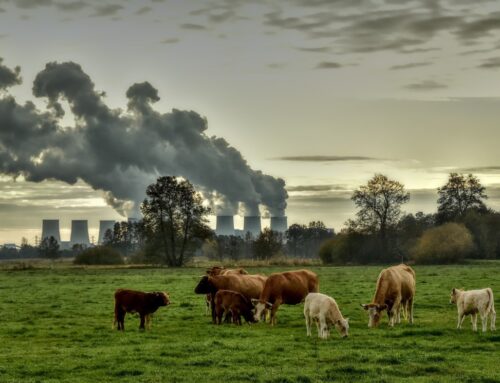SARChI Research Chair in Social-Ecological Systems and Resilience
Hosted by the Centre for Complex Systems in Transition at Stellenbosch University
Call for applications: Short Internships for 2016
Deadline for applications: 30 July 2016
Escalating global challenges such as climate change, food and water security, biodiversity loss, socio-political conflict and economic volatility, demand new approaches to researching and governing our environment and societies. Approaches that account for the complex relationships between human well-being and ecological sustainability, while dealing with ongoing change and uncertainty, have become critical. It is increasingly apparent that fundamental reorganization of our societies is necessary to achieve a just society for all, while maintaining the environmental conditions that underlie human prosperity. Navigating such a transformation will require a capacity to deal with changes that are fundamentally unknown and unpredictable – a capacity that is central to resilient systems. Building resilience of intertwined social and ecological systems is therefore increasingly regarded as essential to enabling sustainable development at local to global scales, and is a rapidly emerging research area worldwide.
The new South African Research Chair in Social-Ecological Systems and Resilience, held by Dr Reinette (Oonsie) Biggs, aims to contribute to this area specifically from a southern African perspective. The Chair is hosted by the newly established NRF Flagship initiative for ‘Complex Systems in Transition’ (CST) at Stellenbosch University. The CST builds on a strong history of transdisciplinary research and complexity studies, and hosts several leading scientists and students from diverse disciplinary backgrounds, providing a vibrant hub for solution-oriented, transdisciplinary, sustainability science. The Chair and CST are also partners in an exciting new collaborative research program, Guidance for Resilience in the Anthropocene: Investments for Development (GRAID), involving Dr Rika Preiser and Dr Laura Pereira from CST, together with the CSIR and the Stockholm Resilience Centre in Sweden. The primary objective of all these initiatives are to provide transformational knowledge on the dynamics of multi-scale social-ecological change, and strategic insights into the new modes of research and governance that can bring about a just transition to a more equitable and sustainable society, in southern Africa and globally.
Call for applications
We seek motivated, organised individuals with a keen interest in sustainability issues and an interest in perhaps furthering their academic career in this field.
Two internships are on offer:
Seeds of a Good Anthropocene
This intern will be primarily working on the database of the Seeds of the Good Anthropocene project that is currently being run out of the Stockholm Resilience Centre. Please see this page for more information on the project: https://goodanthropocenes.net/
Duties will include finding and entering ‘seed initiatives,’ editing and adding to the database where necessary and other tasks related to the project.
Events organization for Scenarios Workshops and Transformation Labs (T-labs)
As part of the GRAID collaboration, the CST will be running a series of events in the second half of 2016 including a scenarios workshop on a ‘Good Anthropocene’ and a T-lab with change-makers in the Western Cape food system. Intern duties would include helping to organize these and other events by writing and sending out invitations, finding relevant invitees, getting quotations for venues and other similar tasks.
Value
R500 per day for a minimum duration of 10 working days (2 weeks)
Requirements
We are primarily interested in student interns who are in their final or Honours year and who will be able to travel easily to the CST at Stellenbosch. Interns should also be fluent in writing and speaking English although knowledge of another South African language is encouraged.
Applications are particularly invited from South African nationals, especially candidates from previously disadvantaged groups. Preference will be given to students who can work independently, are well organized and who will be willing to participate in the regular activities of the CST.
To apply
Interested candidates should send:
• a motivation letter (detailing your previous experience and which internship you want to apply for)
• a detailed CV that includes your academic record, previous work experience, and the names of at least two referees
Please submit your applications electronically to our dedicated email address: cstenquiries@sun.ac.za
We encourage you to submit your application as soon as possible, but latest by 30 July 2016.












